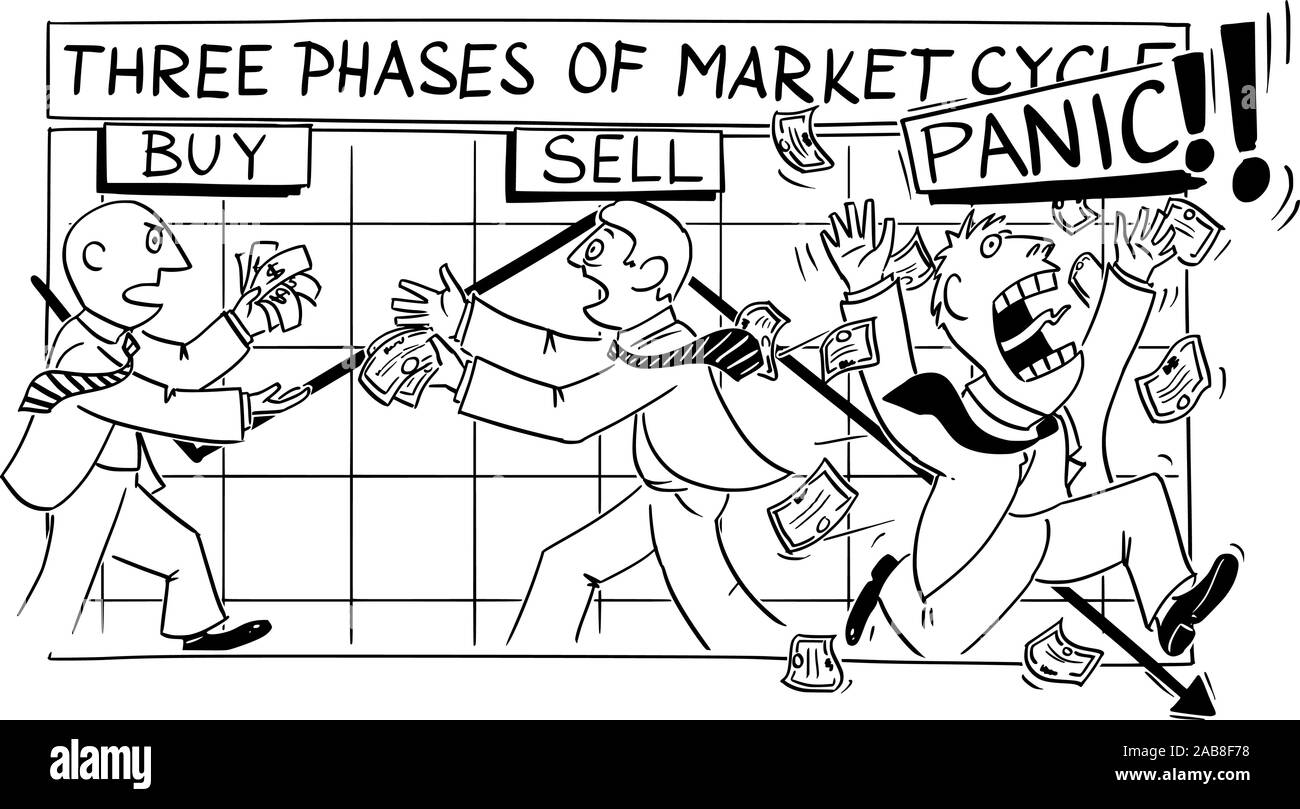Trade Wars And Gold: Why Bullion Prices Are Surging

Table of Contents
Global Uncertainty Fuels Gold Demand
Trade wars inject significant volatility into the markets, triggering investor anxiety and a search for stability. This uncertainty stems from several key factors:
- Increased geopolitical risks: Trade disputes escalate tensions between nations, creating unpredictable geopolitical landscapes. The risk of further escalation and unforeseen consequences fuels investor nervousness.
- Uncertainty about future economic growth and stability: Trade wars disrupt global supply chains, impact business investment, and hinder economic growth. This uncertainty makes investors wary of riskier assets.
- Weakening of global currencies: Trade tensions can weaken currencies, especially those of countries heavily involved in the disputes. This devaluation increases the appeal of gold, a currency-agnostic asset.
- Safe-haven demand for gold as a hedge against inflation: Trade wars often lead to inflationary pressures, making gold, a traditional inflation hedge, even more attractive.
This "flight to safety" phenomenon is a key driver of increased gold demand. History provides ample evidence; past trade disputes, such as the Smoot-Hawley Tariff Act of 1930, were correlated with significant increases in gold prices as investors sought refuge from economic instability.
The Dollar's Role in the Gold Price Surge
Gold and the US dollar often exhibit an inverse relationship. A weakening dollar can boost gold prices significantly:
- Increased affordability for international buyers: When the dollar weakens, gold becomes cheaper for those holding other currencies, leading to increased demand.
- Trade war impact on dollar weakness: Trade wars can strain the US economy and potentially weaken the dollar, thereby increasing gold's appeal.
- US monetary policy implications: The Federal Reserve's monetary policy decisions influence both the dollar's value and investor sentiment towards gold. A dovish stance, for example, might weaken the dollar and drive up gold prices.
Historically, periods of dollar weakness have strongly correlated with gold price increases. Analyzing past fluctuations reveals a clear pattern: a declining dollar often coincides with a rise in gold bullion prices.
Central Bank Gold Buying and its Influence
Central banks worldwide are increasingly accumulating gold reserves, a trend further amplified by the uncertainty generated by trade wars.
- Diversification strategies: Central banks are diversifying away from US dollar-denominated assets to mitigate risks associated with trade disputes and potential dollar devaluation.
- Examples of increased gold reserves: Many countries, including Russia and China, have significantly increased their gold holdings in recent years, reflecting this trend.
- Price support from central bank buying: This increased demand from central banks provides significant support to gold prices.
The strategic rationale behind these central bank gold purchases is clear: diversification and a hedge against geopolitical and economic uncertainty fueled by ongoing trade conflicts.
Inflationary Pressures and Gold as a Hedge
Trade wars often lead to inflationary pressures, making gold a particularly attractive investment.
- Impact of tariffs on consumer prices: Tariffs increase the cost of imported goods, directly impacting consumer prices and fueling inflation.
- Gold's value during inflation: Gold's value tends to rise during inflationary periods as it retains its purchasing power, acting as a store of value.
- Historical correlation: Historical data clearly demonstrates a positive correlation between inflation and gold prices.
The historical relationship between inflation and gold's price reinforces its role as a suitable inflation hedge, especially in times of trade war-induced inflationary pressures.
Conclusion
Several key factors are driving the surge in gold bullion prices. Trade wars create global uncertainty, fueling demand for safe-haven assets like gold. A weakening US dollar, driven partly by trade tensions, further increases gold's attractiveness to international investors. Simultaneously, central banks are actively increasing their gold reserves as a diversification strategy and hedge against economic risks. Finally, inflationary pressures stemming from trade wars enhance gold's value as an inflation hedge. Gold's appeal as a safe-haven asset during times of economic and geopolitical uncertainty is undeniable.
The ongoing trade wars continue to fuel uncertainty in the global markets. Consider diversifying your investment portfolio with gold bullion as a hedge against these risks. Learn more about investing in gold and protect your wealth amidst trade war volatility. Explore secure and reputable options for buying gold bullion today.

Featured Posts
-
 Emerging Markets Fund Closure Point72 Traders Exit And Implications
Apr 26, 2025
Emerging Markets Fund Closure Point72 Traders Exit And Implications
Apr 26, 2025 -
 A Timeline Of Karen Reads Murder Cases
Apr 26, 2025
A Timeline Of Karen Reads Murder Cases
Apr 26, 2025 -
 Bullions Rise Examining The Link Between Trade Wars And Gold Prices
Apr 26, 2025
Bullions Rise Examining The Link Between Trade Wars And Gold Prices
Apr 26, 2025 -
 Bof A On Stock Market Valuations Why Investors Shouldnt Panic
Apr 26, 2025
Bof A On Stock Market Valuations Why Investors Shouldnt Panic
Apr 26, 2025 -
 Why Middle Managers Are Crucial For Company And Employee Success
Apr 26, 2025
Why Middle Managers Are Crucial For Company And Employee Success
Apr 26, 2025
